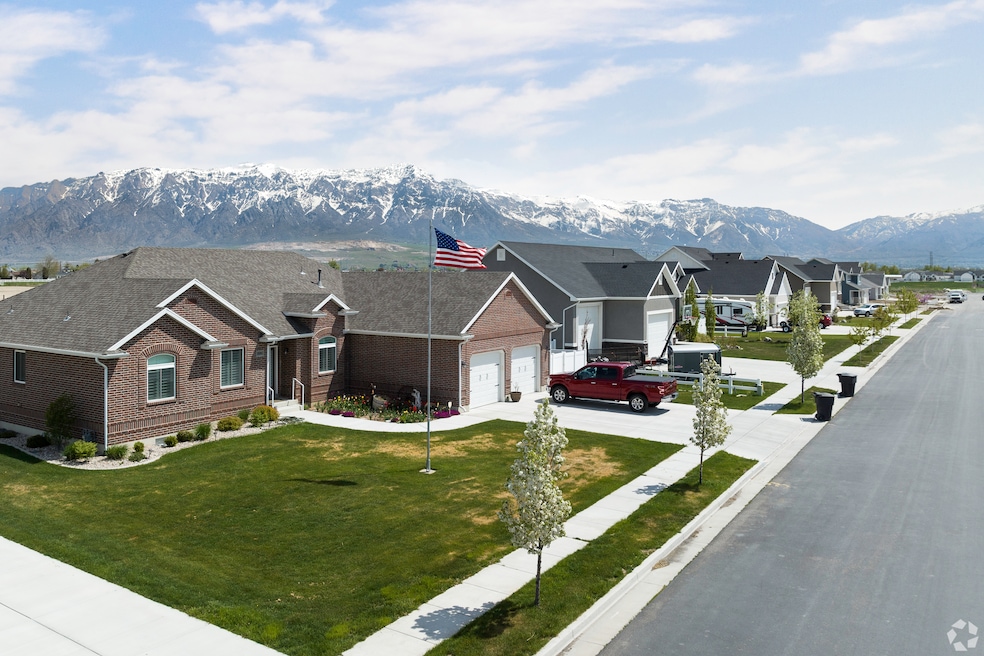A new report draws attention to several government and nonprofit programs responding to escalating housing costs by trying out creative ways to increase homeownership for people with limited incomes.
The Urban Land Institute’s “Building the Future 2025” document highlights an initiative to help renters buy homes in Minneapolis; Philadelphia’s effort to sell city-owned property to first-time buyers; and programs in Rhode Island and Utah that provide financial aid to developers to build affordably priced owner-occupied housing.
“These efforts are not only increasing housing supply but also advancing racial equity and wealth-building,” according to the report from the nonprofit real estate research organization. “Local governments and nonprofit developers are forging new tools to unlock ownership for those historically excluded from it.”
The report notes that in the current political environment, much of the innovation in housing is happening at the state and local government levels, where there is a sense of urgency to address a “structural emergency affecting communities of every size.”
Among the examples the report singles out, Philadelphia’s Turn the Key effort has shown substantive results. The city’s housing agency works with private developers to build and sell single-family homes on publicly-owned land to first-time buyers with limited incomes. In 2024, the two-year-old program reached an early milestone of 100 homes sold; the city has set a goal of selling 1,000.
The target audience for the Philadelphia program is buyers with incomes around $45,000, according to ULI, with homes priced at an average of $185,000. Features that make the math work for buyers include a $75,000 forgivable second mortgage and up to $10,000 in down payment or closing cost assistance.
A map on the Philadelphia Housing Development Corporation’s website shows that the program has concentrated many sales in certain blocks within neighborhoods north and just south of the city’s downtown, including East Kensington and Grays Ferry.
States offer financial aid
A Utah program designed to funnel low-interest loans indirectly to developers via banks also garnered accolades in the report. A developer can receive up to $60 million in aid if at least 60% of the homes are priced for moderate-income households.
Nilson Homes was the first company to apply for funding and received $10.7 million in state assistance, according to Brittany Griffin, a spokesperson for the state treasurer's office, which administers the program. The builder has started work on 144 homes for under $400,000 as part of a 1,000-home development in Plain City, a 7,800-resident community north of Salt Lake City.
Rhode Island offers subsidies to developers for deed-restricted, one-to-two-family houses and condos, according to state agency Rhode Island Housing’s website. Developers can receive up to $190,000 in assistance for homes priced to be affordable to people making 80% of the area's median income. The report lauded the program for streamlining the development process and creating homeownership options for people with low-to-moderate incomes.
The report also cited Land Bank Twin Cities, a nonprofit group in Minneapolis, for its collaboration with developers to offer lease-purchase opportunities to renters. Participants lease renovated homes and have the option to buy them after a set period, often three years. Their rent accrues during that time toward a down payment.
The model “not only provides affordable housing options but also serves as a pathway to building generational wealth,” according to the report.

